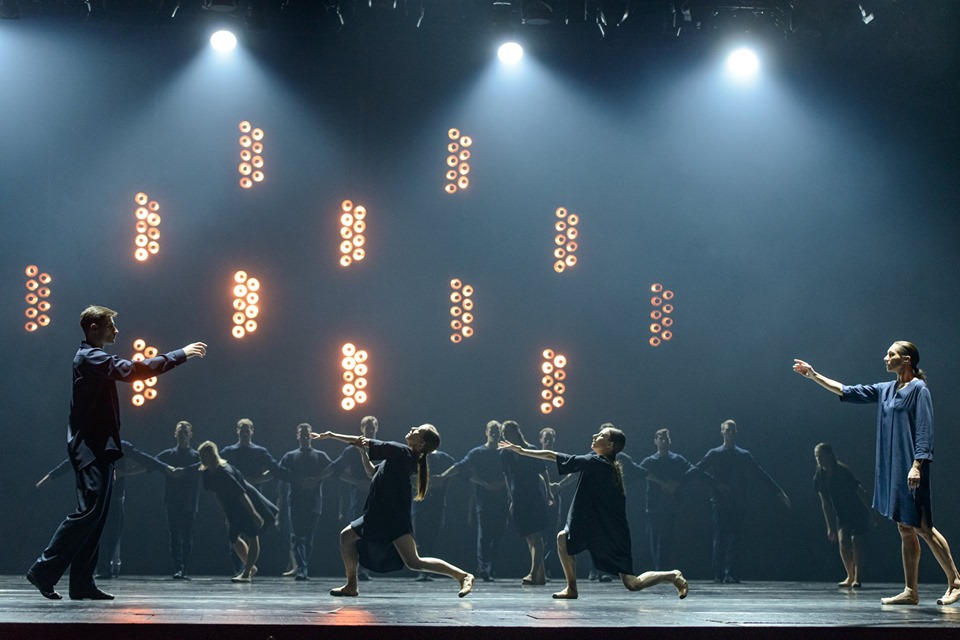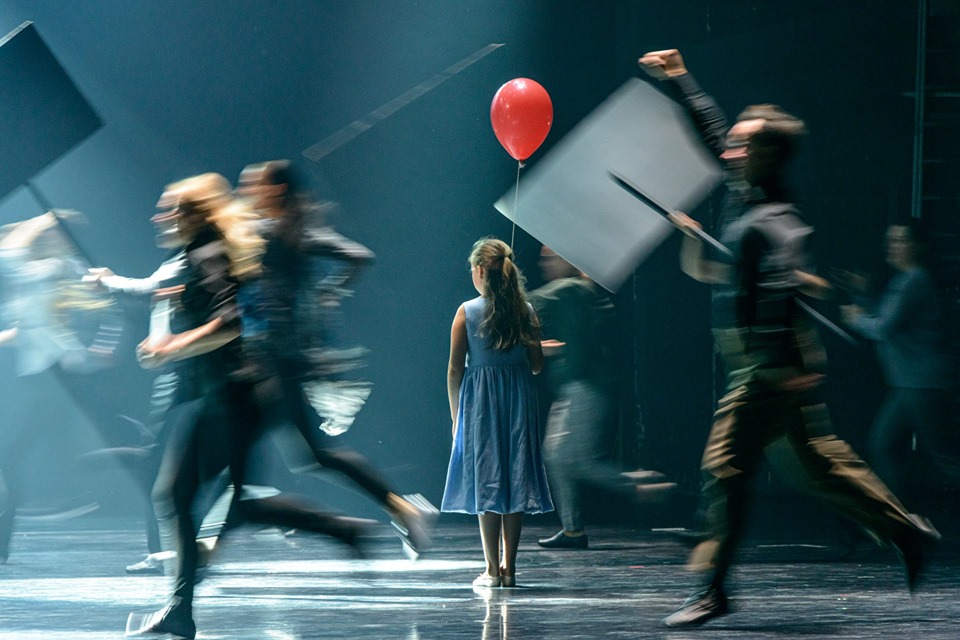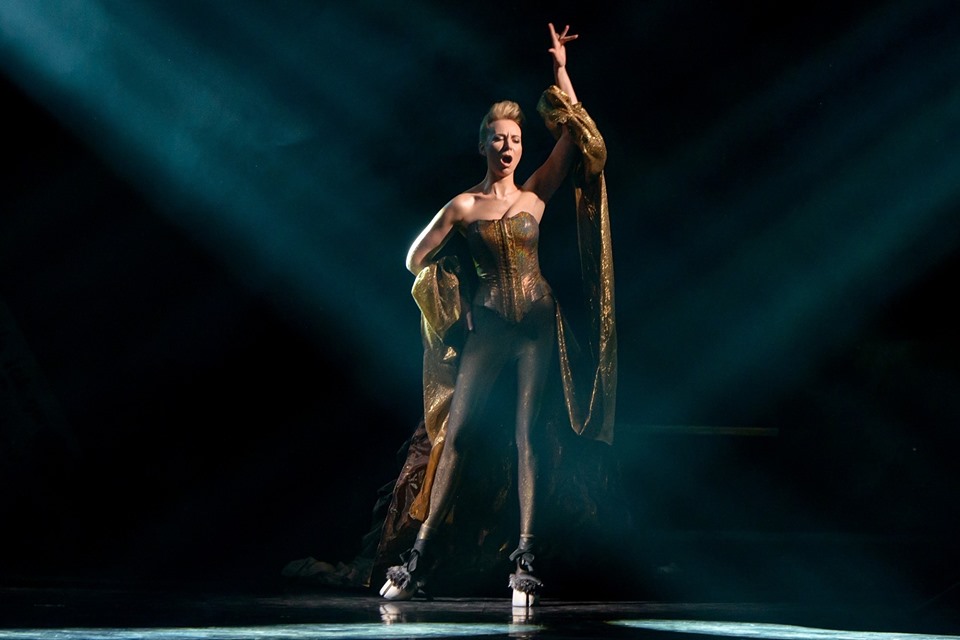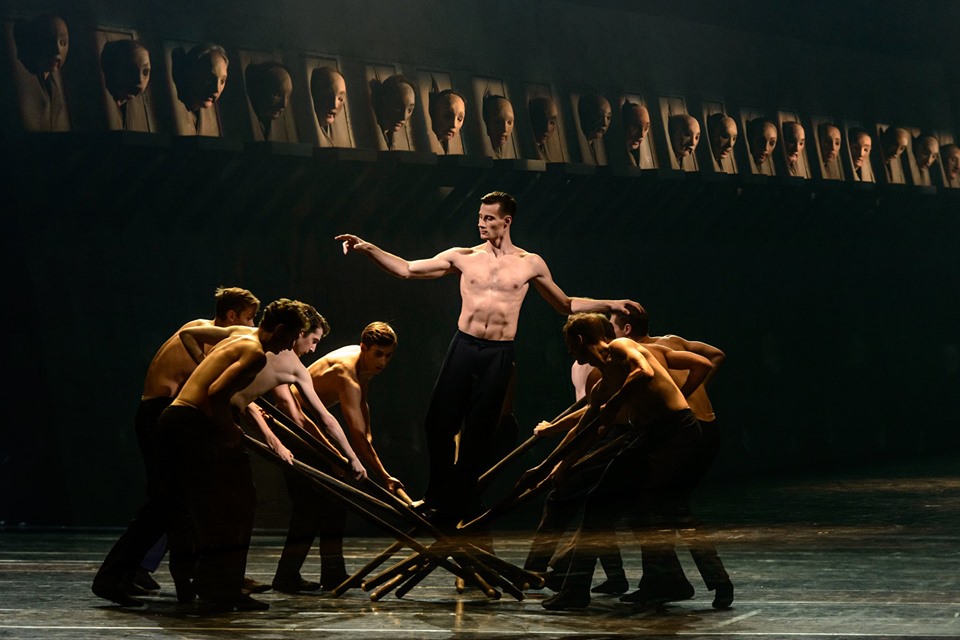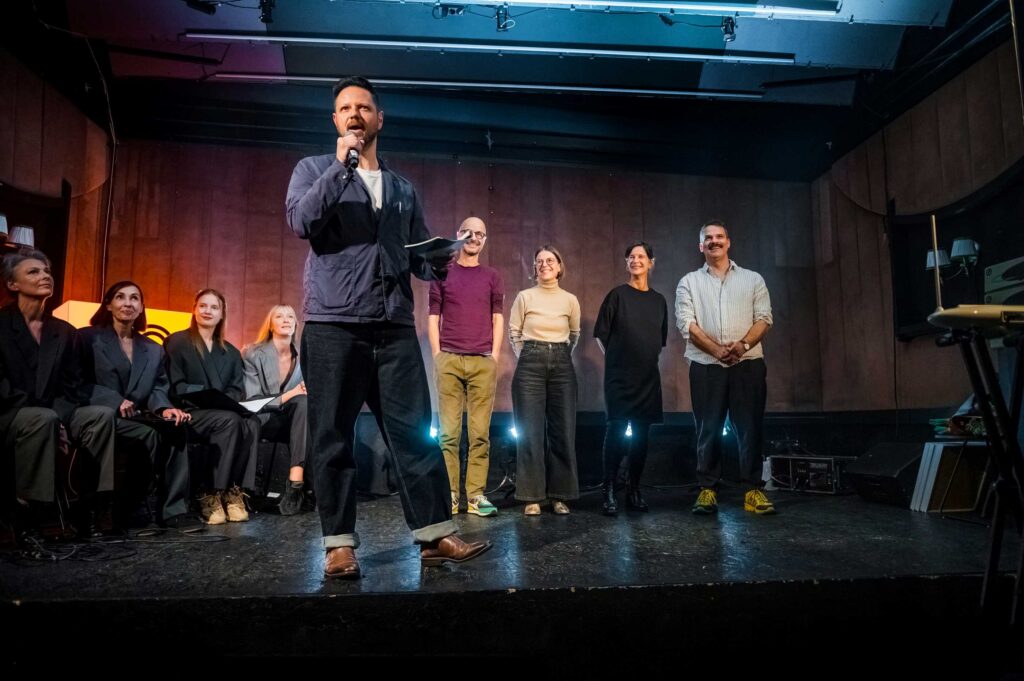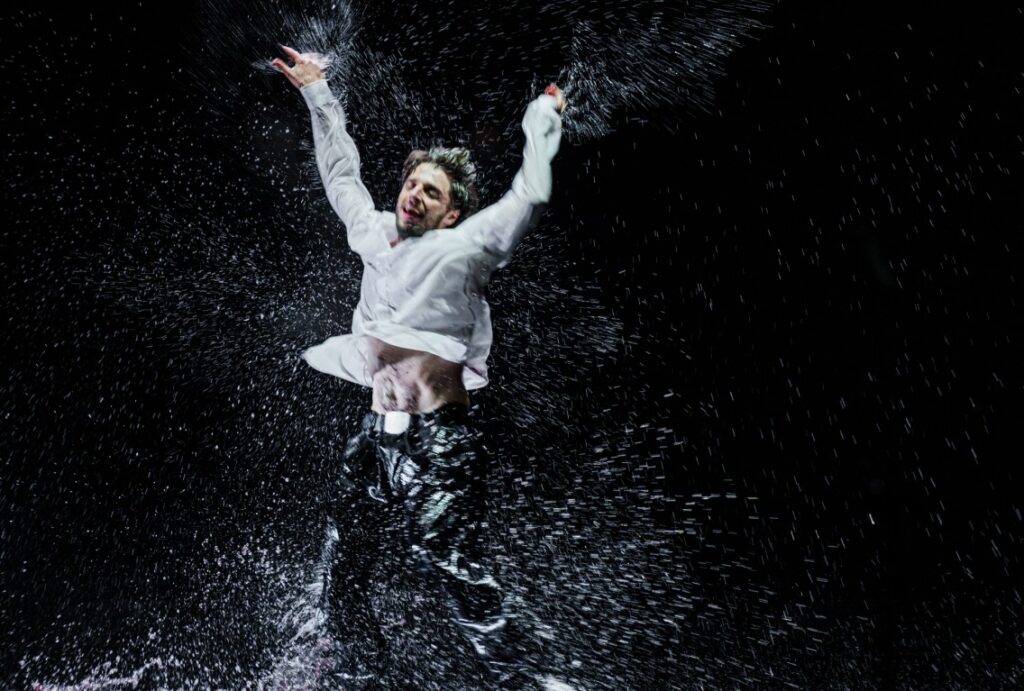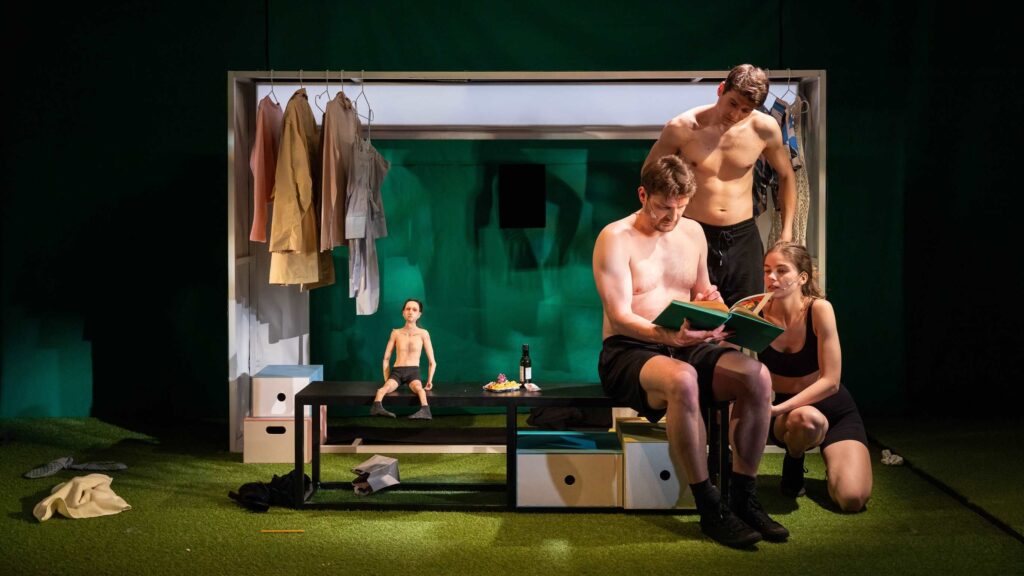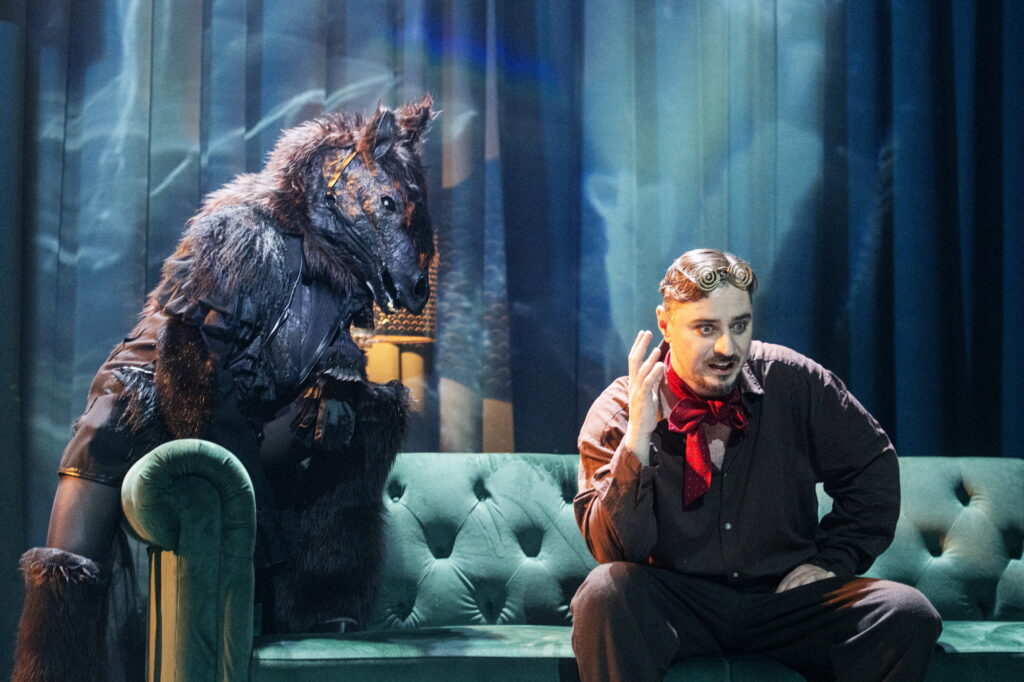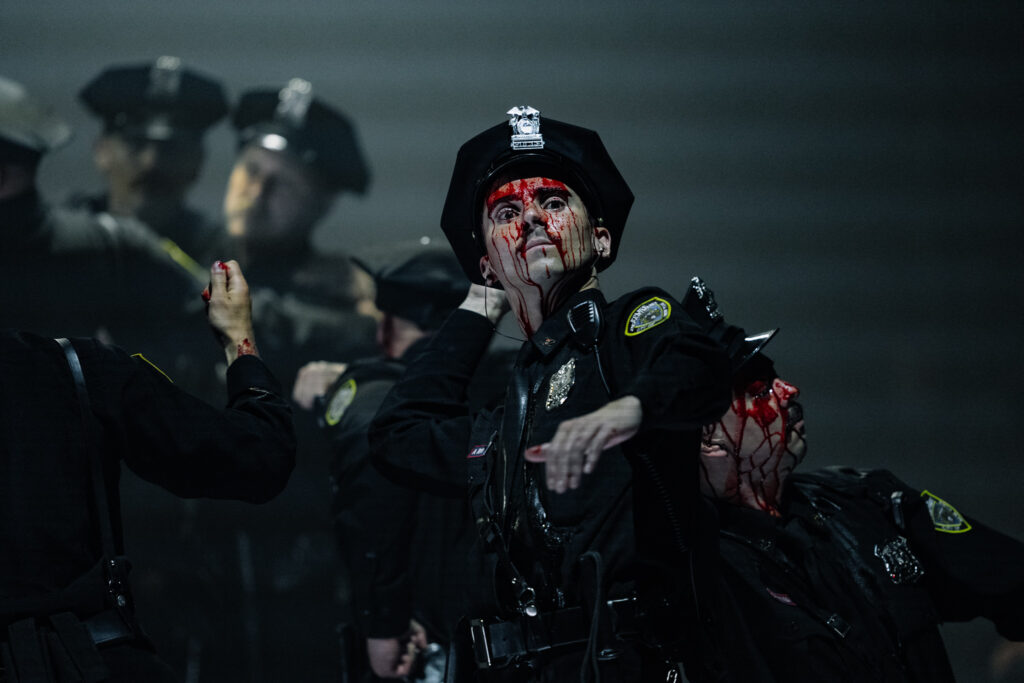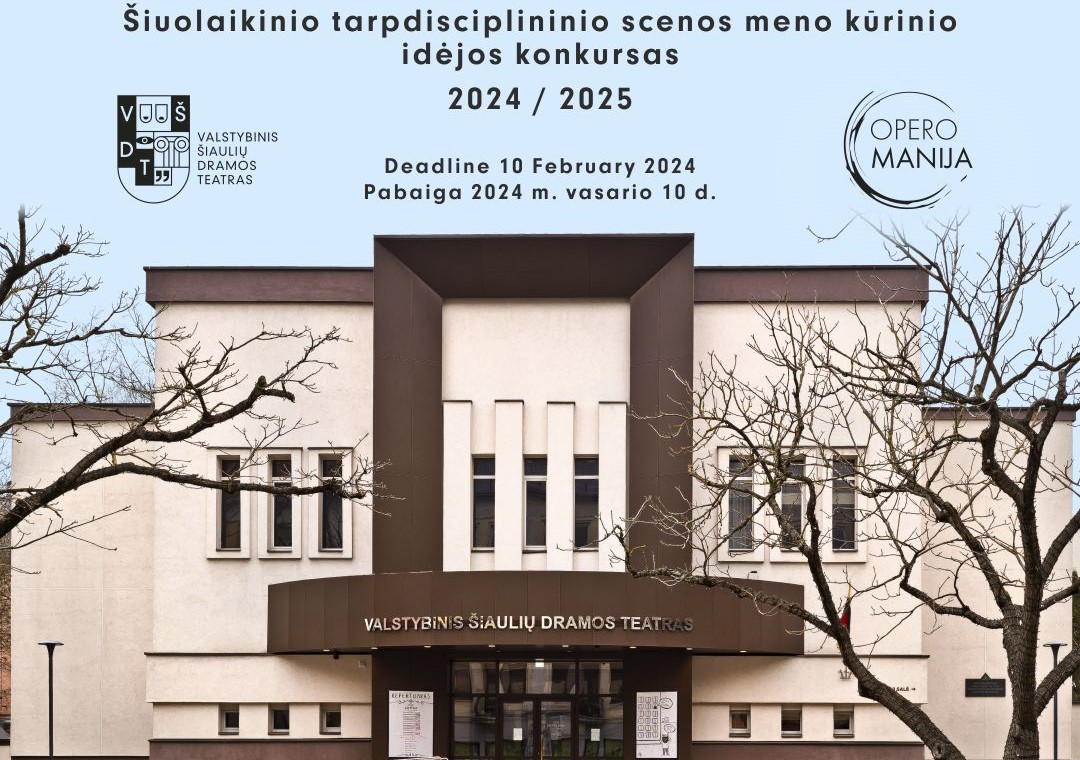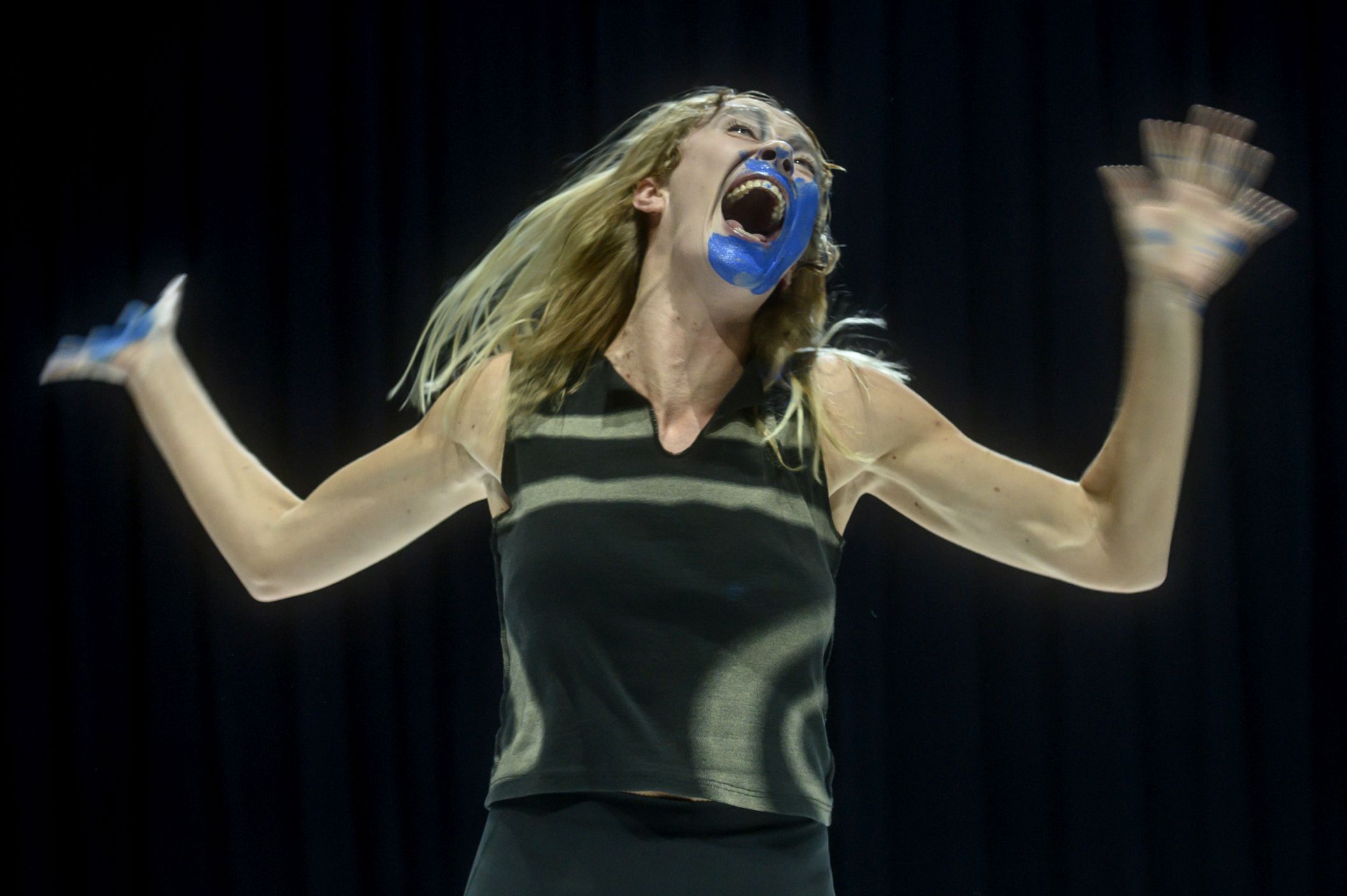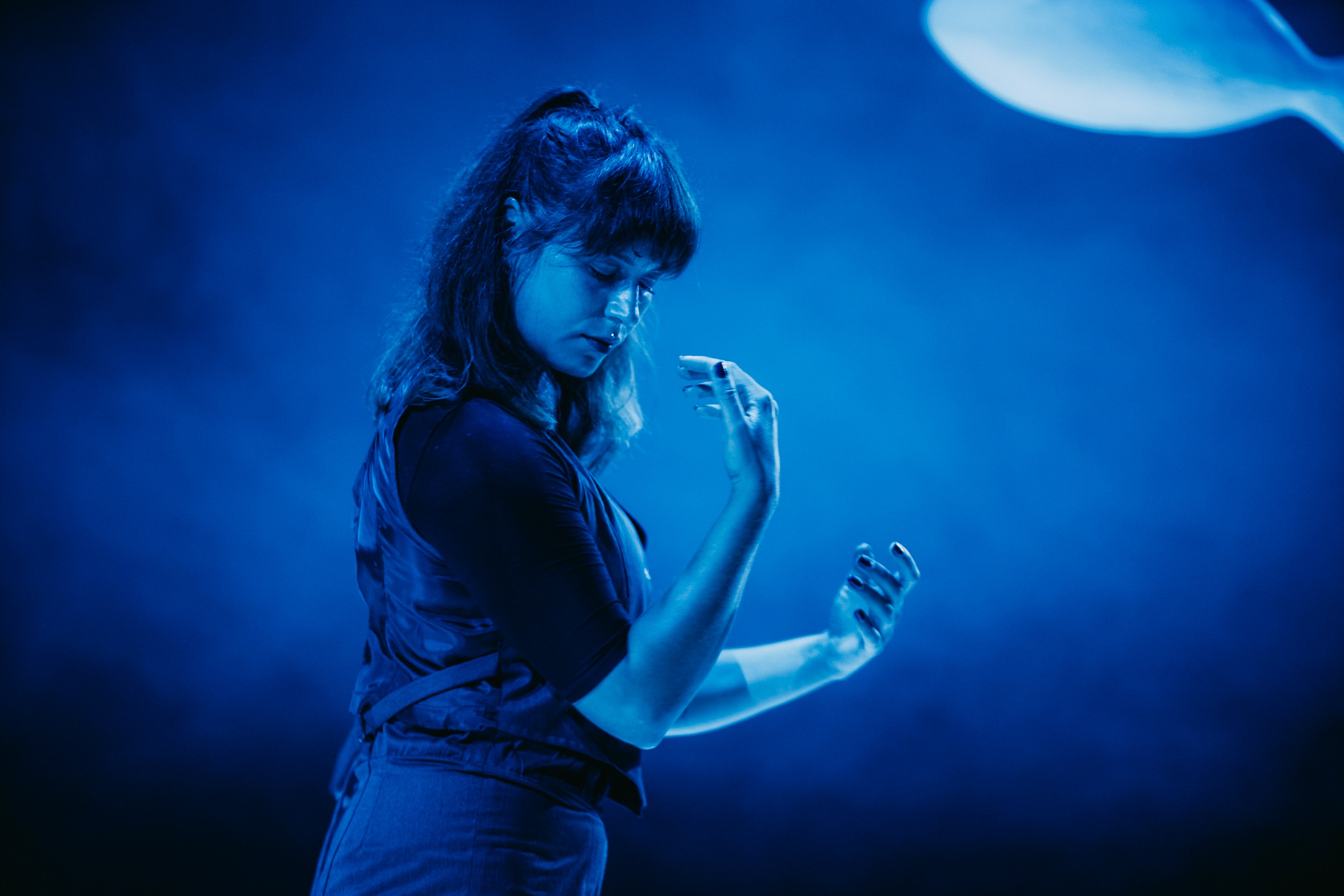“Itzik Galili is a contemporary dance Mozart.” This is how Lithuanian contemporary dance critic Vita Mozūraitė (1960-2014) once described the famous Israeli choreographer. Terminally ill Vita chose this expressive comparison when Galili visited her in hospital and the doctors started wondering who he was. That was the last meeting of the choreographer and the critic, but it was their close and happy friendship that aroused Itzik Galili's great interest in Lithuania and inspired him to come and work in the National Opera and Ballet Theatre of Lithuania for the second time already.
Several years ago, Galili adapted the choreography of his one-act performance Things I Told Nobody for the Lithuanian ballet stage, which became a part of the dance miniature performance Bolero+. “A laconic, expressive and associative work - where soft irony and existential experiences go hand in hand - has had a visible impact on the Lithuanian dance culture,” art critic Helmutas Šabasevičius claimed.
This autumn, in cooperation with Lithuanian artists - dramatist Ingrida Gerbutavičiūtė, composer Rita Mačiliūnaitė, conductor Ričardas Šumila and the soloists and ballet dancers of the theatre - Itzik Galili staged a completely new performance Forever and a Day in the Opera and Ballet Theatre. All the things that maybe were left untold the previous time are presented in all possible forms, i.e. poetry, movements, images and lights, for the judgement of the audience in this new work of the choreographer. Forever and a Day could be referred to as a dance opera. The global premiere of the performance took place on October 25-27, 2019 in Vilnius.
This is not the first performance by Itzik Galili, where the choreographer has combined dance with singing; however, this time, everything started from Galili's poetry speaking of highly sensitive things: childhood, family, father, mother, love and the lack of it. Young composer Rita Mačiliūnaitė wrote the music for ten of the choreographer's poems, which became the arias of the performance. Every episode is naturally complete and all of them constitute a sensual structure, with music highlighting poetic associations. Forever and a Day has become a highly personal Itzik Galili's work; he created the set design, costumes and an impressive lighting solution.
“I guess you have to run after the images created by Itzik Galili if you wish to catch up with his idea in Forever and a Day,” performing arts critic Rūta Oginskaitė wrote following the premiere. She emphasized that the performance does not have a traditional plot or main characters, whereas the audience is encouraged to draw their own content and map of emotions. “Galili combines energetically images, words, music, movements and lights, and spectators from the busy world need not only to calm down but also to get ready to accept the crazy tempo, endless imagination and paradox solutions of the choreographer. And yet the first ones to deal with Galili's bold ideas were his co-authors - Lithuanian artists - with whom the choreographer embarked on a creative journey to unexplored territories, even though among his eighty dance performances and miniatures there have already been attempts to combine words with singing,” the critic observed.
In this performance one can easily recognise the pictures of a mother, father, son and never meeting lovers. A parentless child is passed from the hands of the men like a cross and the crucified. This is one of the most sensitive episodes of the performance. A dancing group of men, nameless and speechless fathers, who fail to notice the women trying to break into their circle and falling down silently defeated by such indifference. A slow sad melody is followed by the beat of percussions, the Father (ballet soloist Jonas Laucius) and half-naked men with sticks-spears engage in their ruthless dance demanding acrobatic skills (a typical Galili's feature). The men and their weapons dissolve in the distant horizon of the stage, whereas the Lover, Wife and Mother of his Children (ballet soloist Olga Konošenko) silently accompanies the slouched Father, his head barely seen.
At the beginning of the performance, a tall Goddess (mezzo-soprano Justina Gringytė) rises over a rebellious crowd embodied by the artists of the corps de ballet and the choir. She looks like a sinful lady shining in gold, but is actually more similar to the Satan. She has hooves; her long golden cape is “decorated” with human heads. Not even heads, but masks. There are a lot of masks in this performance, when people - neighbours? gossipers? - emerge in the windows in the long wall. The dancers' legs pop in and out through the windows like some sort of plants!
Forever and a Day is framed by the choir - at the beginning, the singers enter the stage from the audience hall, and at the end - vice versa, the artists leave the stage and line up along the hall. According to music critic Beata Baublinksienė, “This has given the performance certain rituality, even sacredness; has given meaning to what is going on the stage between these two dramaturgical reference points.”
Dance critic Skaidra Baranskaja described her impression in a more ironic manner, “Honestly speaking, the dance opera Forever and a Day could be reviewed by a musicologist, dance critic, literary scholar, philosopher, sociologist, theatrologist and various other 'logists.' Or by anyone. The work is intended for a very wide audience; everybody can discover their own personal link with the visions offered by the creators. And yet, deciphering these visions, finding the core of the performance idea is the work worth mythical hero Heracles's deed.”
Other critics, who wrote about the premiere, found the message of the performance relatively clear and said it was actually indicated in the poster, which also frames Forever and a Day. It's Galili's poem about loneliness and a silent admission that there's nobody to confess your love to. Helmutas Šabasevičius - who went to all three premieres - observed that, “Intensive creative energy turned into an interesting, meaningful performance successfully incorporating various forms of artistic expression.”
Rūta Oginskaitė wrote that, “It's a rare, significant and joyful event - the choreographer and director of international acclaim created his premiere here, in Lithuania, together with Lithuanian artists instead of just transferring a performance staged somewhere else. I'd say it's a big gift for Itzik Galili himself. He experienced a multiple interpretation of his poems, their transformation to dramaturgy, music and dance. He's making his way into the territory he's engrossed in. It is really interesting to be in this with him.”

